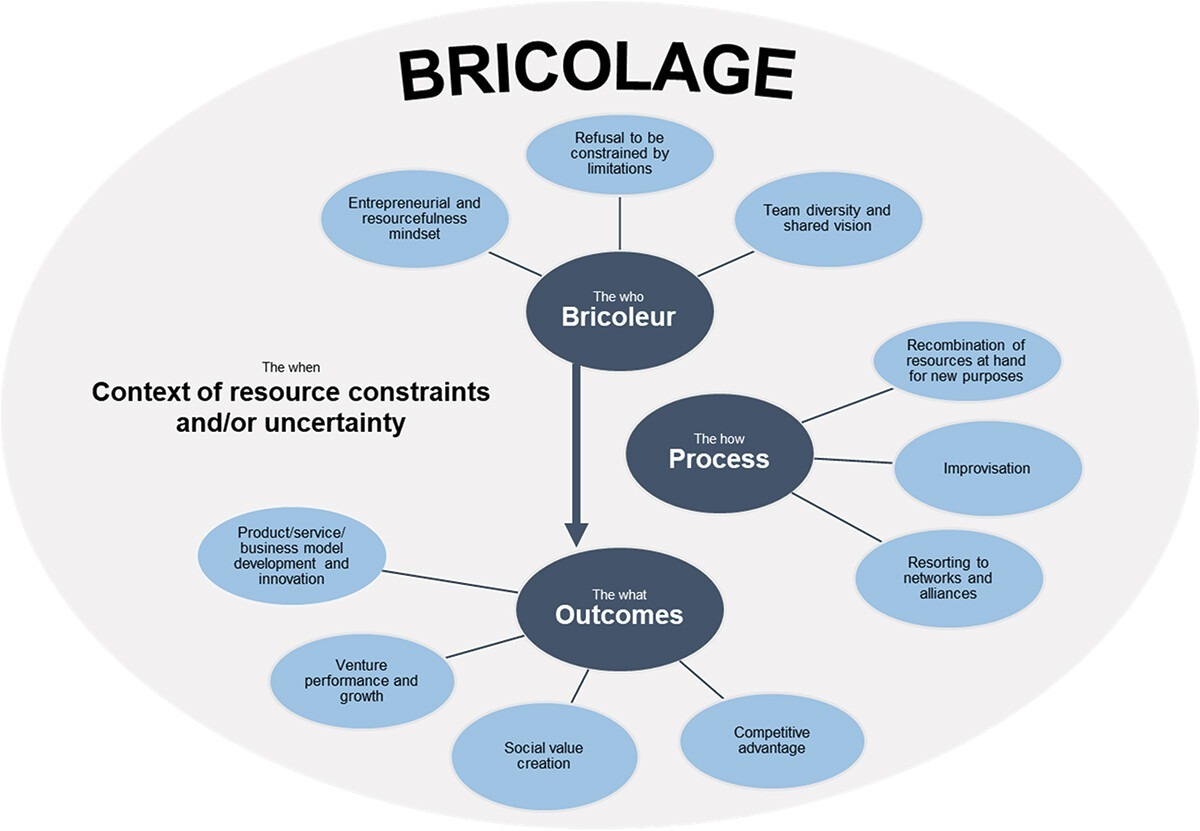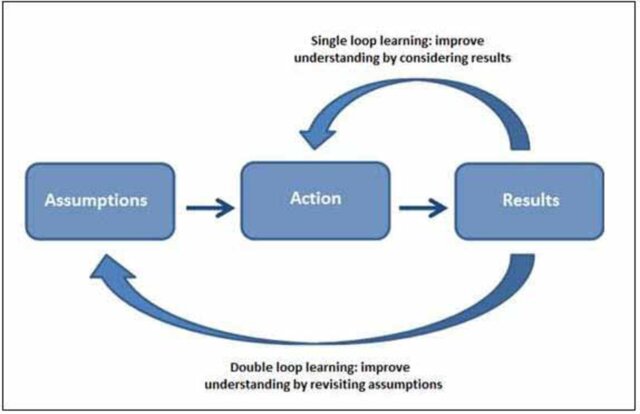Chapter 1 for the Improvising Design book has been uploaded. The first chapter discusses why we need better models and methods for design …...


Chapter 1 for the Improvising Design book has been uploaded. The first chapter discusses why we need better models and methods for design …...

The core problem of design is to use a problem-representation that can allow people to communicate the structures in their “mental jigsaw picture” to others.

As I ruminate on design processes, I can’t help but reflect on the similarities between research methods, processes and outcomes, and design methods, processes...

Double-loop learning occurs when we question the values, assumptions and recipes-for-success that we typically apply to a situation. This type of paradigm-shift is essential...

People have been commenting on the change of font used by IKEA for their catalogs since August, when the new catalog came out. IKEA...

The focus of IS design has moved “upstream” of the waterfall model, from technical design to the co-design of business-processes and IT systems. This...

Here is the Table of Contents for the my in-progress book: Title: Boundary-Spanning Design: How Information Systems Evolve Through Improvisation Contents (liable to change as...